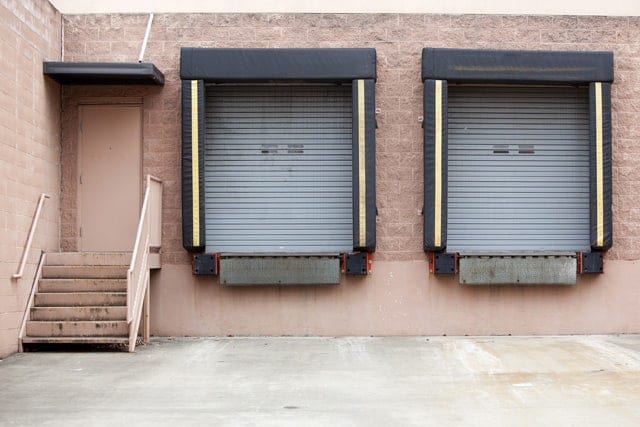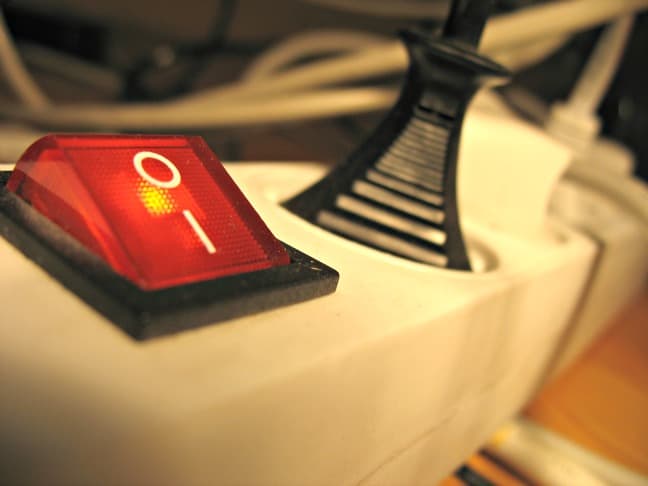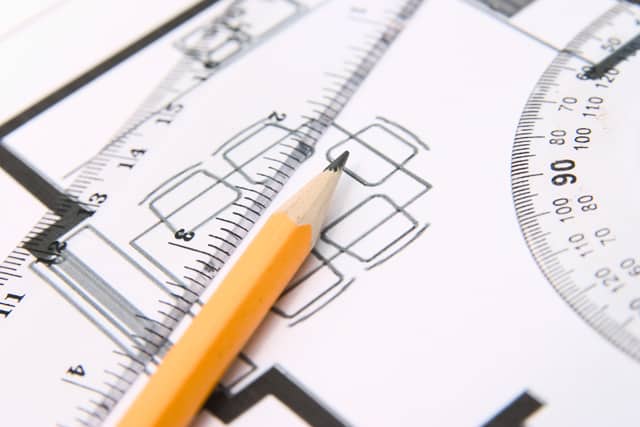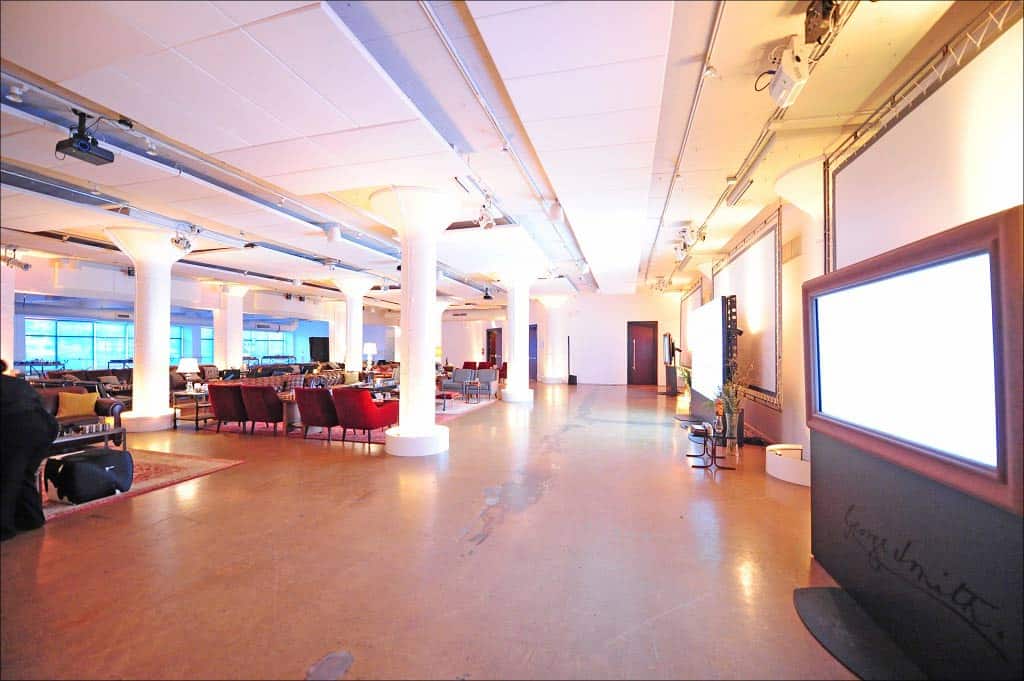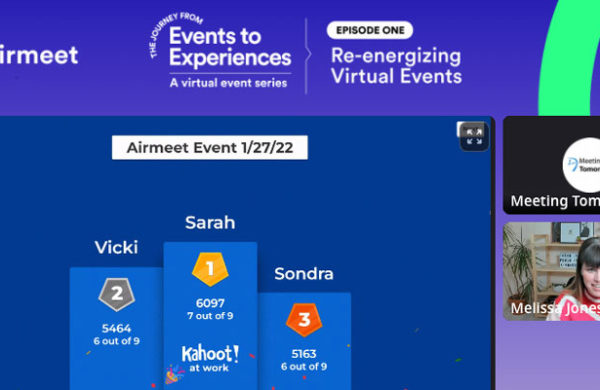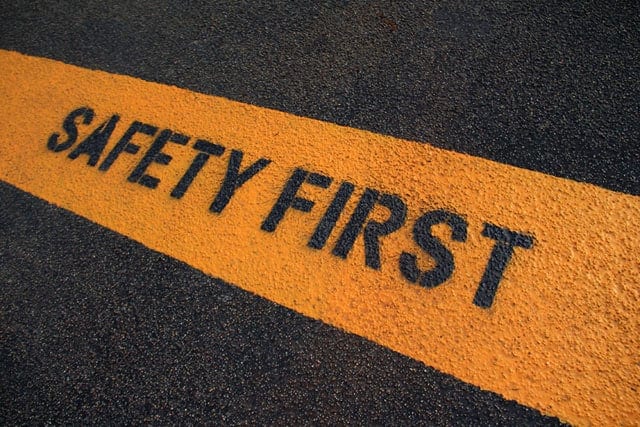
Hosting an event in your office’s conference room or a hotel’s dedicated event space is usually a straightforward affair: these spaces are more-or-less designed for attendees to be comfortable and tech to be setup during meetings.
But how do you plan your event technology when you’re gathering in a non-traditional venue? Non-traditional venues ‘ those that aren’t normally used for meetings, conferences or other types of events ‘ are exciting but challenging locations to host gatherings in. Some examples include warehouses, basements, rooftops, parks, and DIY art galleries.
Because these settings aren’t necessarily designed with events in mind, it can be difficult to know what to look for and what to do when it comes time to plan your event’s AV and technology portion. Here’s our best advice for what you should consider during your planning process:
1. Is the designated venue space safe?
While we hope that the answer to this question is a resounding yes, non-traditional venues occasionally come with less-than-safe areas that you need to be aware of.
For example, a warehouse event might require sectioning off areas with machinery or materials that could pose a threat if a guest decided to touch or use them. An event in a park that has a dangerous cliff is an obvious threat for falls, and guests should not have the opportunity to get too close.
The safety of your staff and your guests should take priority over everything else, so be sure you thoroughly assess any threats to the health and safety of your attendees and find solutions that prevent those threats from ruining your event.
2. How will you access the venue to load equipment?
Before we talk more about the venue itself, we need to talk about how equipment will be transported into the event site.
Is there a parking lot next to your space’s entrance? If not, where will technicians park and how will they get equipment into the venue? If there is a parking lot next to the entrance, is there a loading dock that you can access? Do you need to make prior arrangements and secure a time slot to use it?
Once you’re inside (assuming your event isn’t happening outdoors), are there freight elevators to help move heavy equipment, or will you need to manually move everything up flights of stairs? The answers to these questions will not only dictate if you are able to bring in certain equipment, but how much assistance you will need for load-in and load-out.
3. Where are the power outlets?
Power is an important consideration for any event, but at a non-traditional venue it becomes critical. You’ll need to know where outlets are located at the venue so you can decide where to setup and how to deliver enough power to use all your technology. The last thing you want is to have a beautiful display with no way to power it!
Non-traditional venues may not have as many outlets as you’re used to having at traditional event locations; you may need to source an extra supply of power strips and extensions to supplement the on-site availability.
If you’re hosting an event outdoors, you’ll likely need to supply your own power, so don’t forget to look into renting generators.
4. What are the dimensions of the space?
How big is your space? And, more importantly, how much of it is actually usable?
Knowing the dimensions of the space is not only critical for determining how many people can comfortably fit, but it also allows you to determine the appropriate size for technology like video walls and projector screens. You don’t want to overwhelm people with a display too big for a small space, or underwhelm them by providing one that is too tiny.
Your venue may not be a typical rectangle or square room, so you’ll also want to consider the actual usable space. There may be odd corners, stairways or other obstructions that reduce the number of square footage that you can plan to use during the event. Knowing where these obstructions are will help you plan the proper placement for your equipment throughout the venue.
5. Is there WiFi or 4G signal?
If you host an event where there are no Snapchats or Instagram Stories shared, did it really happen?
Not only will your attendees expect internet access ‘ this is 2017, after all ‘ but you’ll most certainly need it to help your event go off without a hitch. Whether you need to access presentations on the web, stream your event for remote attendees or just easily communicate with others during the event, a lack of internet connection is a non-starter.
When you’re touring potential venues, inquire about WiFi accessibility and test the 4G connection on your device. Remember that accessibility is only half the battle: the connection must be strong and reliable. If neither are available, you’ll need to consider bringing in your own networking solution.
6. How can you use technology to complement the venue?
Non-traditional spaces offer event planners the opportunity to get really creative with how they implement technology. Just take a look at how we helped a traveling event series by mounting displays into custom-made picture frames so they’d blend into the raw art spaces the events took place in.
Take some time to consider how the space may work well with technology. For example, projections onto walls work great in dark spaces; as a bonus, you won’t need to rent a screen to project onto. (Read more about creative ways to make use of projectors at your event here.)
Events hosted in non-traditional venues are often the most memorable for attendees, so we hope that you feel empowered to thoroughly plan for and take advantage of the unique opportunities to create an unforgettable experience.
Need help with corporate event production in your unique space? Give us a call at 1-877-633-8866 to learn more about how we can help.
